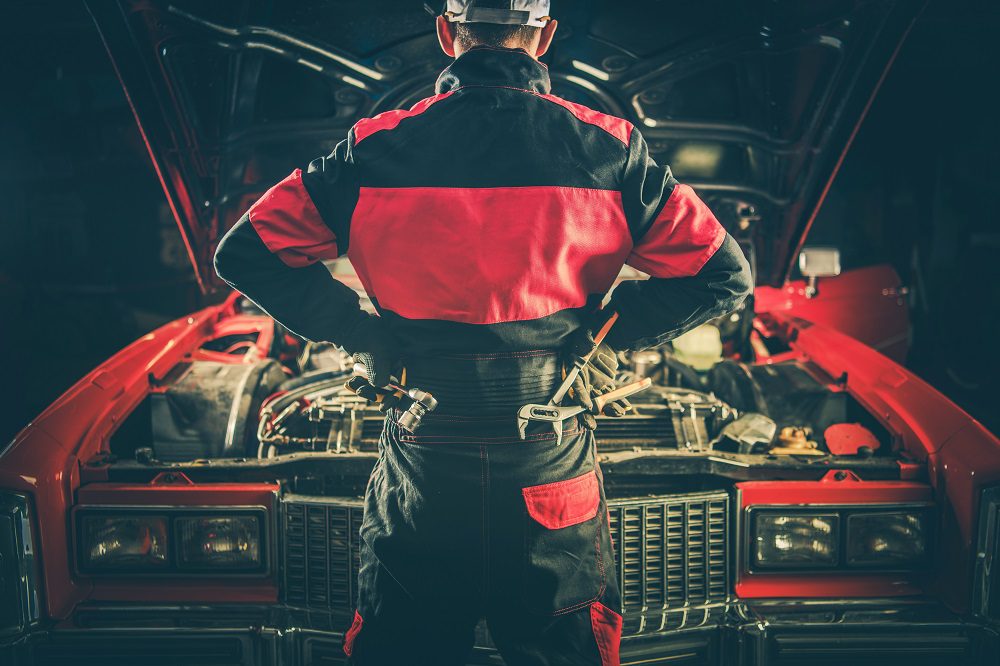
Mechanics usually take advantage of those who don’t know a damn thing about cars. So unless you’re friends with a mechanic or understand a little bit about how cars work, you might get scammed into paying more than you should.
“Auto repairs are like a doctor’s diagnosis—a second opinion is something that should always be sought out,” explains Ray Shefska of Your Auto Advocate.
It’s easier than you think for mechanics to scam you, especially if you know nothing about cars. That’s why I would recommend taking a friend with you (we all have that one friend who’s an expert in cars) when you need to take it to the mechanics.
Of course, there are times when your car needs repairing and your mechanic helps you find what the problem is, but there are also situations in which you spend a ton of money for things that don’t need urgent care. I guess we all went for an annual inspection and ended up paying a huge bill for things that we didn’t need.
Here’s everything you need to know about car repair scams and how to avoid them from happening!
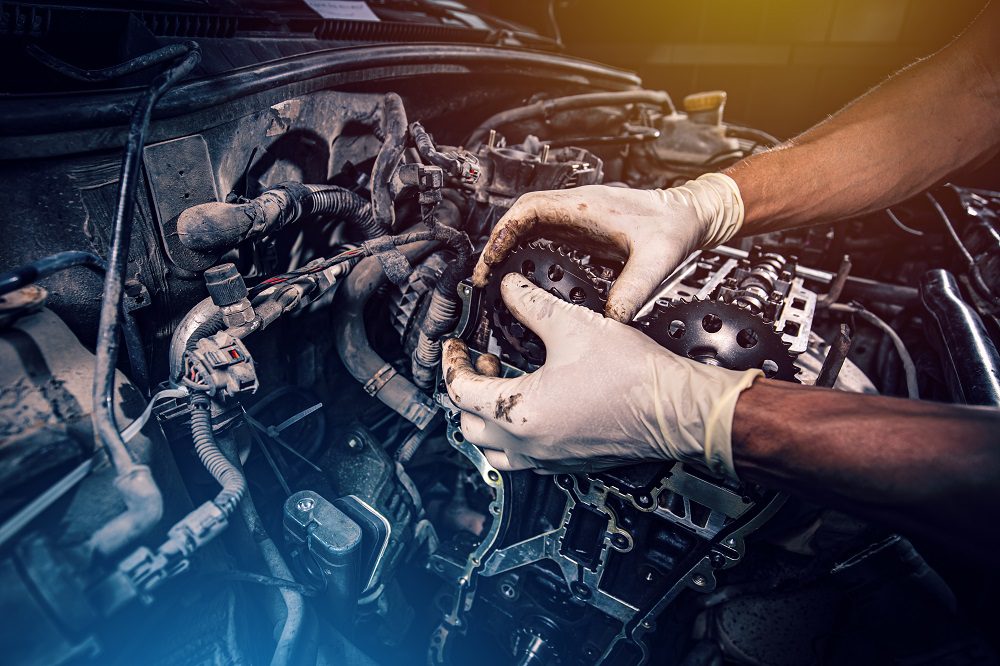
1. Cabin filter replacement
Cabin filter replacement isn’t so urgent to need repairing right away, says automotive educator Chaya M. Milchtein, founder of Mechanic Shop Femme. What he wanted to say is that sometimes mechanics will make you feel like the cabin filter needs to be repaired as soon as possible, even if it might not be such a big deal.
“While important to change regularly, it’s not immediately detrimental to the proper functioning of your vehicle,” says Milchtein. “Simply put, if you are deciding between a safety item and a cabin filter, or even an oil change and your cabin filter, take care of the cabin filter last.”
2. New tires
According to experts, not all flat tires need to be replaced right away. “As long as the puncture is not on the side wall, the tire should be able to be repaired,” explains Lauren Fix, aka the Car Coach.
Fix recommends “asking your service advisor to show you the damage to your tire and have them explain completely why a new tire is being recommended versus a repair,” before agreeing to pay more than you should for a new tire.
3. Engine flushes
Even if engine flushes sound urgent on paper, it might not be. “They are designed to break down oil sludge in your engine and also prevent oil sludge from forming,” says Fix. “But utilizing engine oil cleaner and conditioner is a proactive approach to avoid engine oil sludge from forming.”
That being said, your car might not need a flush even if your mechanic tells you otherwise, just to get some extra cash from you. In order to avoid being fooled, Fix recommends making an auto-repair facility prove that your car needs a flush. And you can do that by literally making them show you the sludge.
“Normally, the sludge can be found on the bottom of your oil cap on the engine,” she adds.
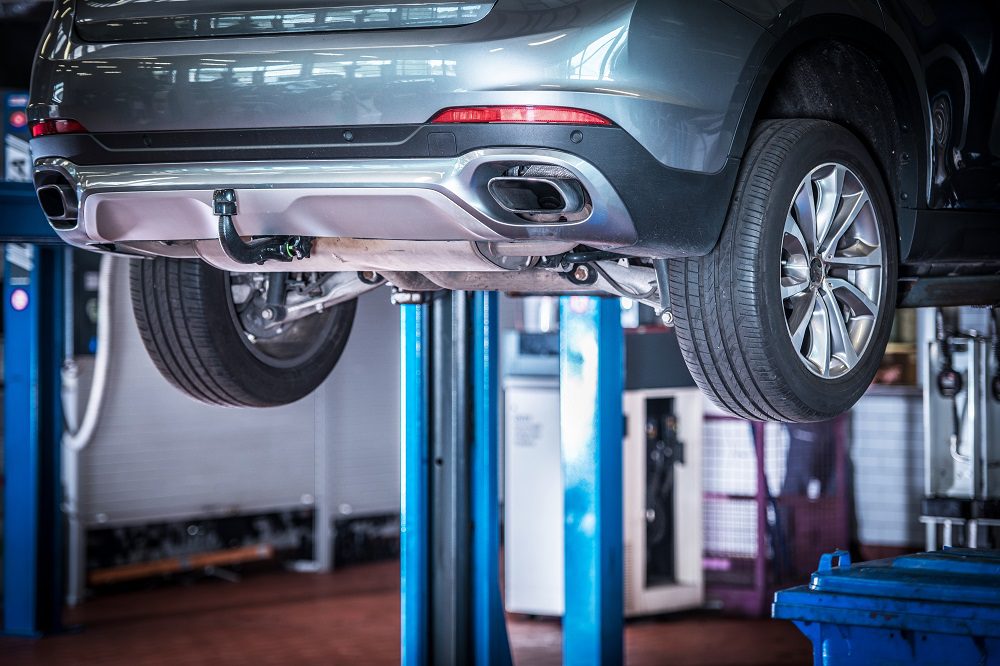
4. New brakes
Zach Shefska, CEO of Your Auto Advocate says that brakes replacement is among the most common upsell. And he explains why. “No one wants to be driving along in a vehicle that has bad brakes!”
Mechanics usually take advantage of your fear to sell you a product you might not even need. “If you trust your mechanic, don’t question replacing the brake pads,” he continues.
However, if the mechanic doesn’t seem trustworthy, don’t be surprised if they tell you that your brakes need to be replaced urgently.
5. Broken axle boots
Look out for broken axle boots. Most of the time, it’s a scam. A legitimate boot tear is not the same as a cut rubber boot.
“Axle boots that have failed will sling out the grease that they are designed to hold in,” says Fix. “Have the service advisor show you the axle boot and look for grease patterns that form on surrounding components.”
6. Fluid flushes
According to what Audi technician Oscar Verduga says, mechanics often take advantage of things that involve transmission, coolant, and power steering fluid flushes.
“Most vehicles come with transmission fluid that’s rated for the lifetime of the vehicle,” he says, “and if you have a newer vehicle, it might have electric power steering that doesn’t have any fluid in it.”
Nonetheless, you may pay for something that is utterly unnecessary without even realizing it. “The best thing to do is read your owner’s manual because it has all the maintenance recommendations on it and the time/mileage intervals for that service,” Verduga adds.
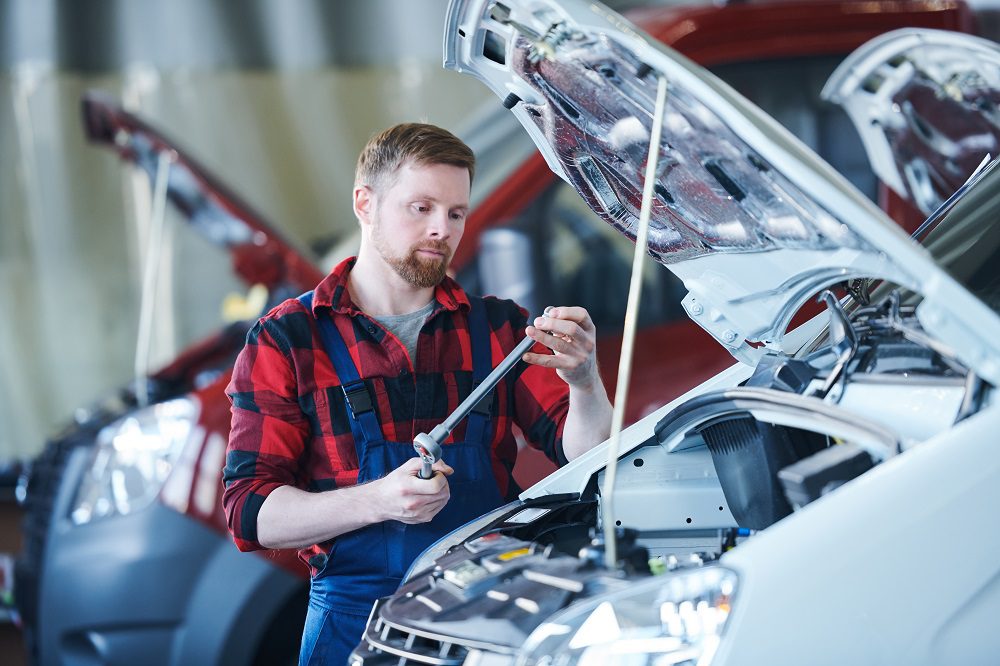
7. Complimentary car wash
It might seem a good deal to agree on a free car wash, but James Ford of Autobead doesn’t think so. He suggests checking the cleaning area before saying yes to the service.
“Customers have contacted our accredited professionals to fix damage caused by untrained car-cleaning staff at dealerships, who failed to refresh shampoo buckets to remove excess grit, used wash mitts rather than sponges (that keeps grit on the car’s surface), and rinse off dirt, dust, or metal particles from the surface before using a wash mitt,” he explains.
Ford wouldn’t recommend agreeing on that unless you’d want to see your car with scratches and swirl marks. And of course, they will try to take advantage of the situation by convincing you to let them repair the damage.
8. Inflated quotes
Michael Hammelburger, CEO of the Bottom Line Group, urges people to always think twice before giving them the green light to repair your car, as many repair shops will give you an initial quote that may seem reasonable and then the final bill might be double the price.
According to Hammelburger, “when they come to pick up their car, they get a surprise—a final bill that’s higher by $1,000 (or more!) compared to the quoted cost.”
9. Overcharging for parts
Michael Lowe, CEO of Car Passionate says this is a very common method used by mechanics, fooling those who have no idea how much parts cost and where to order them from.
“Many mechanics put pressure on customers by stating that they will buy and replace these parts themselves and add it to the bill at the end,” he says. “[But] buying them yourself might be a more convenient and definitely cheaper option.”
You can avoid this scam by simply doing your research beforehand about the parts that need to be changed, says Lowe. Better wait a few extra days for your car to be fixed than paying more than you should.
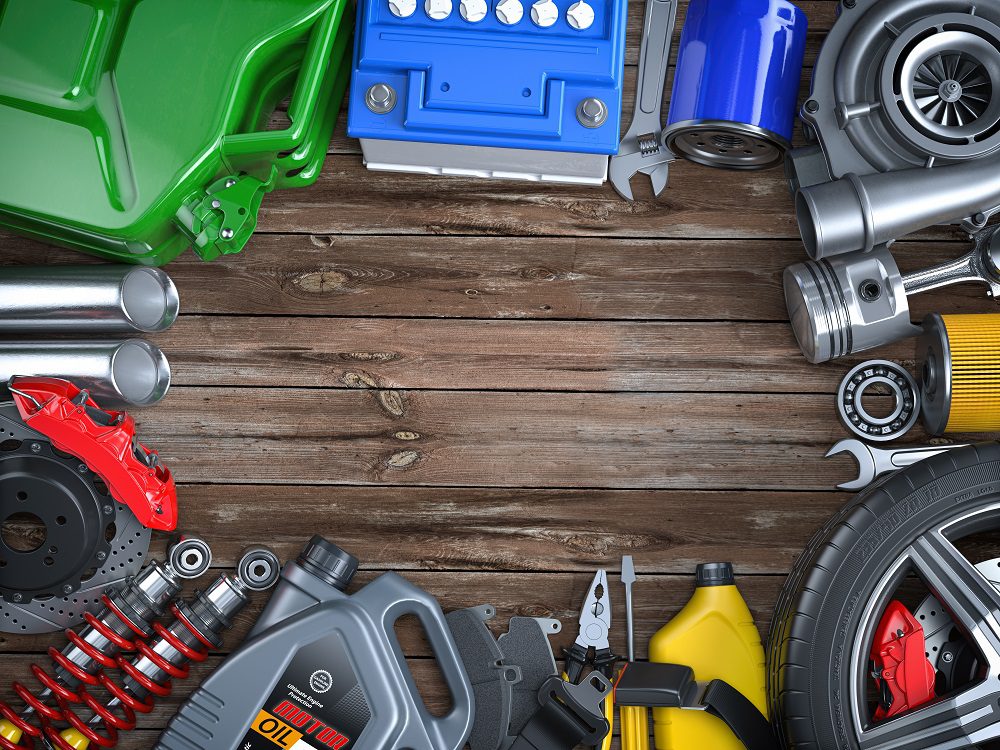
10. They’re not actually replacing parts
And there’s this situation, where you pay them to replace the parts that no longer work, and instead, they replace them with already used parts, even if you paid for new ones.
“You may find that the parts weren’t even replaced in the first place because in truth, they didn’t need to be,” says Lowe.
This is a very common method and you’ll end up returning to the repair shop after a few weeks with the same problem.
11. Transmission service
“The majority of modern vehicles already have transmission fluids that will easily last 100,000 miles or more,” says ASE-certified master technician Steven Greenspan, an instructor and education manager at Universal Technical Institute in Lisle, Illinois. “Manufacturers also have eliminated dipsticks and drain plugs due to the fact modern transmissions are designed to not be serviced.”
He continues saying that “The only time you need to have your transmission checked is if there is a leak or the transmission is not operating properly.”























1 thought on “11 Common Car Repair Scams You Should Look Out For”
Thanks for the info, it’s good to know things like this.